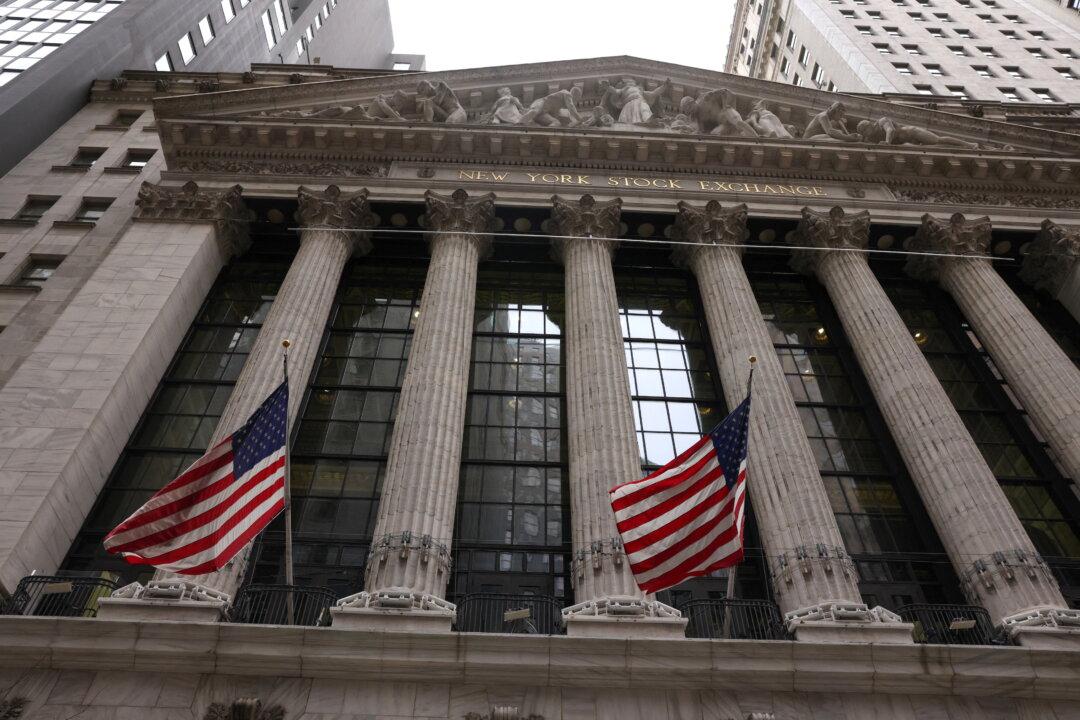NEW YORK—The Dow on Friday registered its biggest daily percentage gain since November 2020 with the market rebounding for a second day from the sharp selloff leading up to Russia’s invasion of Ukraine.
Oil prices fell below $100 a barrel, easing some concerns about higher energy costs, and all 11 of the major S&P 500 sectors ended up on the day. The S&P 500 and Nasdaq also posted gains for the week.





